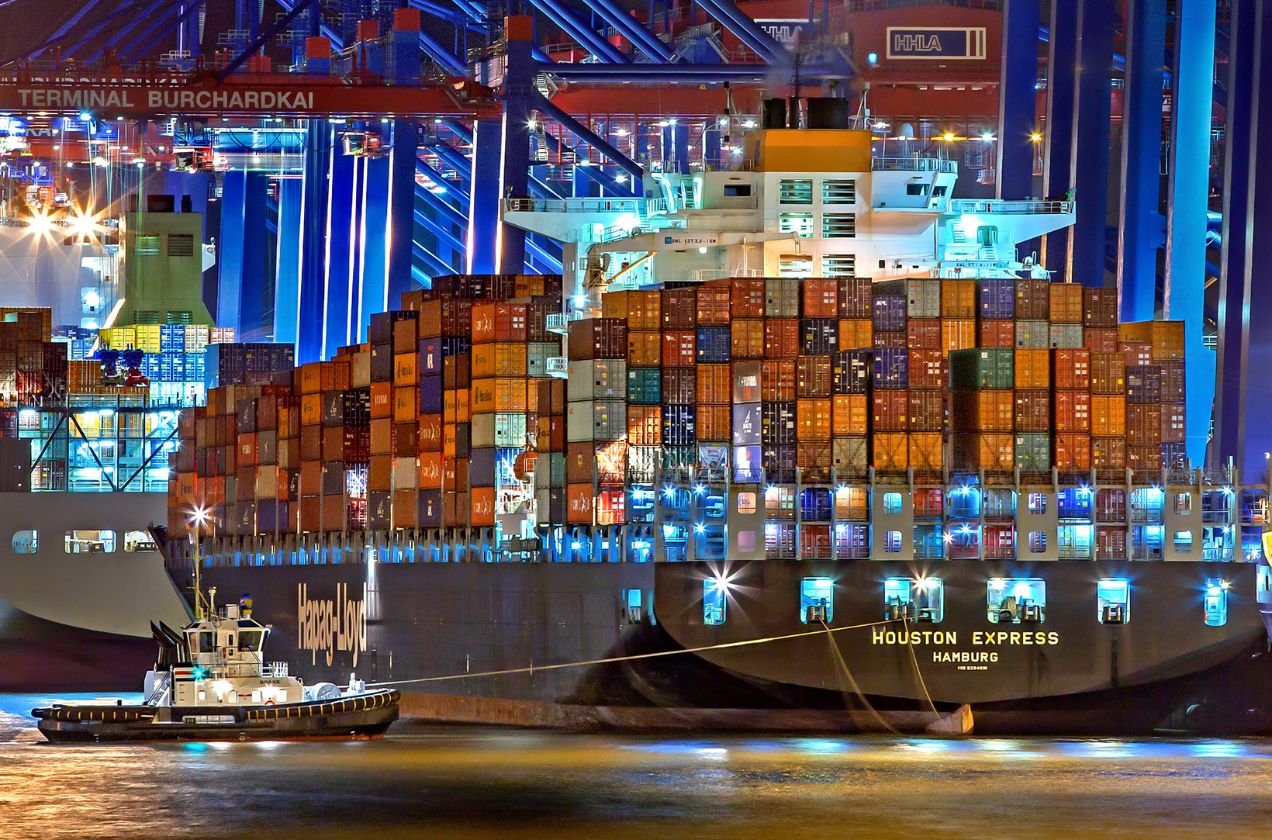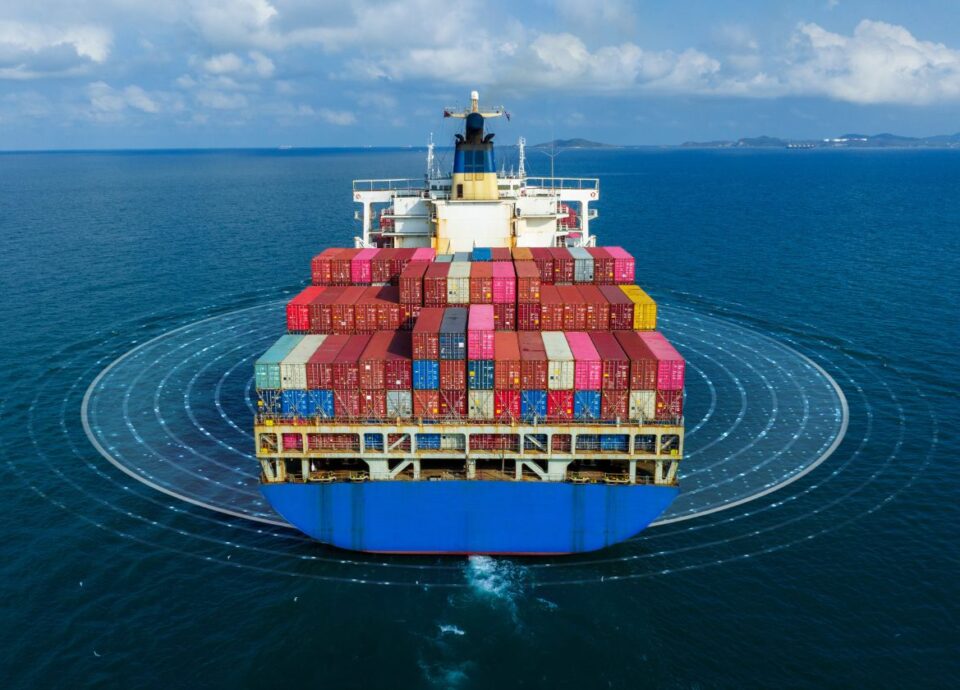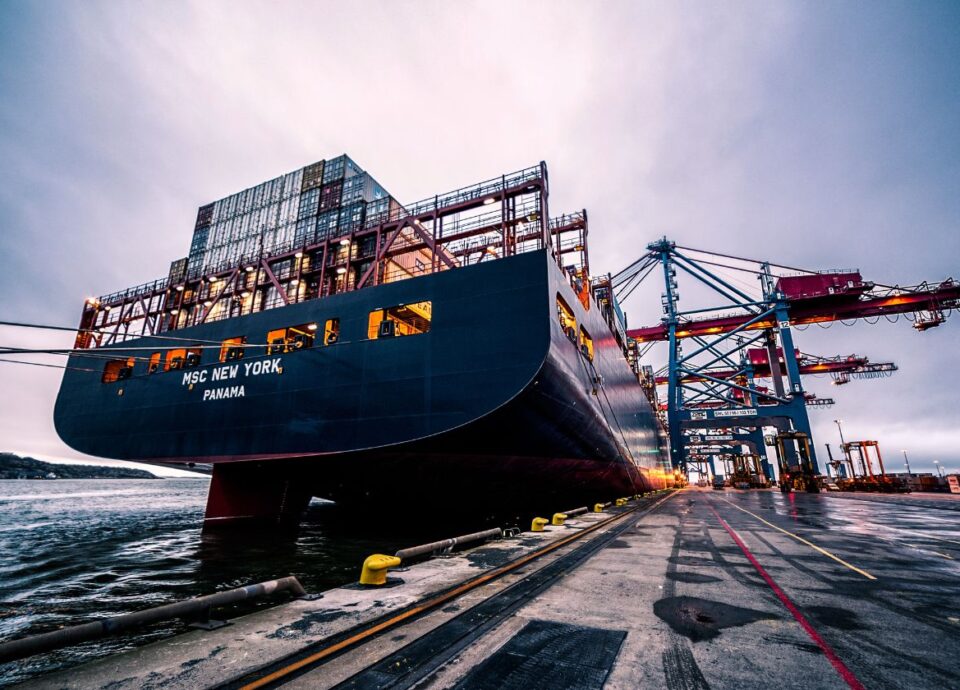The maritime industry is undergoing a digital revolution in 2025. Artificial intelligence (AI), Internet of Things (IoT) sensors, and blockchain technologies are not just buzzwords—they’re actively optimizing operations and bolstering supply chain resilience.
Smart Ports & IoT Integration
Ports such as Rotterdam and Singapore are deploying IoT devices, 5G infrastructure, and robotic cranes to streamline container handling and berth allocation. These “smart ports” reduce human errors, cut turnaround times, and enable real-time cargo tracking.
AI-Powered Optimization
AI algorithms significantly improve voyage planning and fuel efficiency. Companies like Maersk leverage machine-learning tools—e.g., “Captain Peter”—reducing fuel use by up to 12%. AI also enhances predictive maintenance through real-time sensor data, reducing costly downtime.
Blockchain for Secure Shipping
Blockchain platforms (e.g., IBM-Maersk TradeLens) offer transparent, tamper-proof documentation and seamless transactions. Adoption rates of such platforms are projected to exceed 80% by 2025.
Autonomous & Semi-Autonomous Vessels
Semi-autonomous navigation systems manage routes and vessel safety. Meanwhile, robust testing of fully autonomous ships continues, supported by emerging IMO regulations.
Takeaway:
By embracing digital tools—such as AI, IoT, and blockchain—maritime logistics is becoming faster, greener, and more resilient. These technologies are key to competitive advantage in 2025 and beyond.



